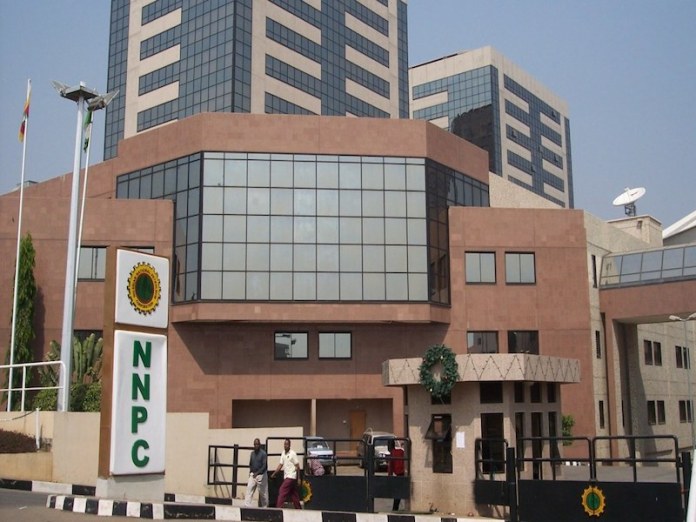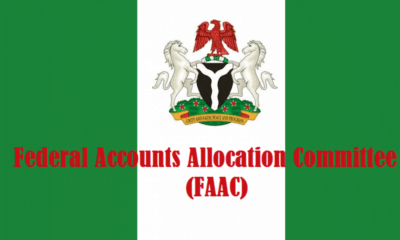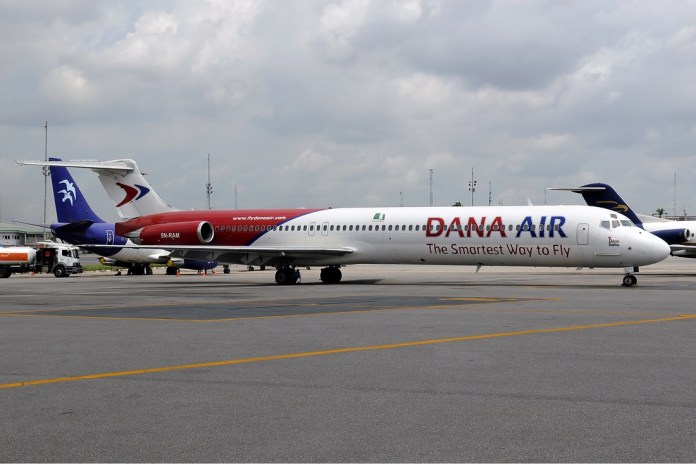The Nigerian National Petroleum Corporation (NNPC) has disclosed that its projected monthly remittance to the Federation Accounts allocation committee (FAAC) for May will be zero.
This implies that the three tiers of government, federal, states and local governments, are in for tough times next month as they may get less from the Federation Account.
Already, the NNPC, which is being made to bear the cost for the price differential between the market price and pump price of petrol on behalf of the federation has served a notice that it will not be able to remit any funds to the Federation Account in April for distribution in May.
In a letter by the corporation to the Accountant-General of the Federation (AGF), Mr. Ahmed Idris,
NNPC said it posted a value shortfall of N111.966 billion in February 2021, which will ultimately impact on its ability to contribute to the joint account shared by the federal, state and local governments.
A copy of the letter, signed by the corporation’s Chief Financial Officer, Mr. Umar Ajiya, and dated April 26, 2021, was obtained by the media yesterday.
The minister of finance, budget, and national planning; the director-general, Nigeria Governors’ Forum; the director, home finance; and the chairman, Commissioners of Finance Forum were copied.
The implication is that the zero remittance from the NNPC may affect the monthly allocation to states, which may ultimately struggle to meet their statutory obligations, including payment of salaries and pensions.
The NNPC, in the letter, attributed the N111.966 billion shortfall to the rising average landing cost of petrol, which jumped to N184 per litre in March as opposed to the existing N128 ex-coastal price.
According to the corporation, the N111.966 billion incurred as landing costs would be deducted from April oil and gas proceeds due to the federation in May.
It stated: “Further to our previous correspondences on the above subject, we wish to advise on the projected remittance to the Federation Account for the months of April (May FAAC) to June 2021 (July 2021 FAAC).
“The accountant-general of the federation is kindly invited to note that the average landing cost of petrol for the month of March 2021 was N184 per litre as against the subsisting ex-coastal price of N128 per litre, which has remained constant notwithstanding the changes in the macroeconomics variables affecting petroleum products pricing.
“As the discussions between government and the labour are yet to be concluded, NNPC recorded a value shortfall of N111, 966, 456, 903.74 in February 2021 as a result of the difference highlighted above.”
The corporation said a projection of remittance to the Federation Account for the next three months had been sent to the Office of the Accountant-General.
It added: “Accordingly, the AGF is invited to note that the sum of N111,966,456,903.74 will be deducted from April 2021 oil and gas proceeds due to the federation in May 2021, which will translate to zero remittance to the Federation Account from NNPC in the month of May 2021.”
The corporation stated that the move was to ensure the continuous supply of petroleum products to the nation and the guarantee of energy security in the country.
Group Managing Director of the NNPC, Mallam Mele Kyari, had earlier raised the alarm over the rising landing cost of the product, saying that the NNPC could not continue in that trajectory.
However, earlier this month, Kyari assured the nation that there would be no price increase, even till May, as negotiations between labour and the federal government was continuing.
Also, during a visit to President Muhammadu Buhari, Kyari had said the NNPC had continued to shoulder the burden of paying subsidies, adding that in a deregulated pricing system, the product would be selling above N200 rather than the current N162 official price.
“The price could have been anywhere between N211 and N234 to the litre. The meaning of this is that consumers are not paying for the full value of petrol that we are consuming and, therefore, someone is paying that cost,” he said, adding: “As we speak today, the difference is being carried in the books of NNPC and I can confirm to you that NNPC may no longer be in a position to carry that burden.”
In March last year, when the international price of crude oil was low, the federal government announced that it had deregulated the downstream sector, which meant that the pump price would be determined by market forces.
That policy was implemented for months until crude oil prices rose again, and the eventual return of subsidies’ payment, which the NNPC has put at about N120 billion monthly.



 Forex3 weeks ago
Forex3 weeks ago


 Naira2 weeks ago
Naira2 weeks ago
 Billionaire Watch2 weeks ago
Billionaire Watch2 weeks ago






 Naira3 weeks ago
Naira3 weeks ago






 Naira2 weeks ago
Naira2 weeks ago




 Naira1 week ago
Naira1 week ago




 Naira4 weeks ago
Naira4 weeks ago






 Naira1 week ago
Naira1 week ago

















